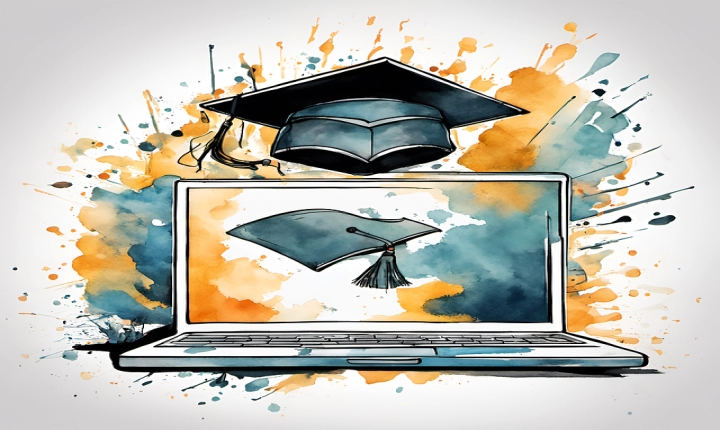Title: Can Schools Check if You Use ChatGPT?
In today’s digital age, students have access to a wide array of online resources and tools to enhance their learning experience. One such tool that has gained popularity is ChatGPT, an AI-powered chatbot that can respond to user input with human-like conversation. However, with this new technology comes a question that many students may have: can schools track if you are using ChatGPT?
To address this question, it’s important to first understand how schools monitor students’ online activities. Many educational institutions have implemented web filtering and monitoring systems to regulate and track students’ internet usage while on school networks. These systems can capture and log the websites and applications students access, as well as their search queries and online communications.
When it comes to ChatGPT specifically, schools may have the capability to monitor its usage in a few different ways. Firstly, if a student accesses ChatGPT through a school-owned device or network, the school’s web filtering system may be able to detect and log the use of the ChatGPT website or related applications. This means that the school could potentially see if a student is using ChatGPT during school hours or on school-issued devices.
Additionally, some schools may also utilize AI-driven monitoring software to scan for specific keywords or patterns in students’ online communications. If a student is using ChatGPT to chat with the chatbot, the system could theoretically flag this activity if it detects certain phrases or language commonly associated with ChatGPT interactions.
It’s important to note that the ability of schools to track ChatGPT usage may vary depending on the specific school’s technology infrastructure and policies. Some schools may have more advanced monitoring capabilities, while others may not actively track online activities to the same extent.
From a legal and ethical perspective, the monitoring of students’ online activities raises important questions about privacy and autonomy. While schools have an obligation to ensure a safe and productive learning environment, they must also balance this with respecting students’ privacy and freedom to explore educational resources.
Furthermore, there is an educational aspect to consider. ChatGPT and similar AI technologies can be valuable tools for learning and creativity, providing students with the opportunity to engage in natural language conversations and explore new ideas. Utilizing these tools responsibly and ethically can be a valuable part of a modern education.
Ultimately, the question of whether schools can check if students are using ChatGPT is complex and multifaceted. While schools may have the technical capability to monitor this activity, the ethical and practical considerations involved necessitate a thoughtful and transparent approach to regulating students’ online activities.
As technology continues to evolve, it is essential for educational institutions to adapt their policies and practices to ensure that students have access to the resources they need while respecting their rights and fostering a culture of responsible digital citizenship.
